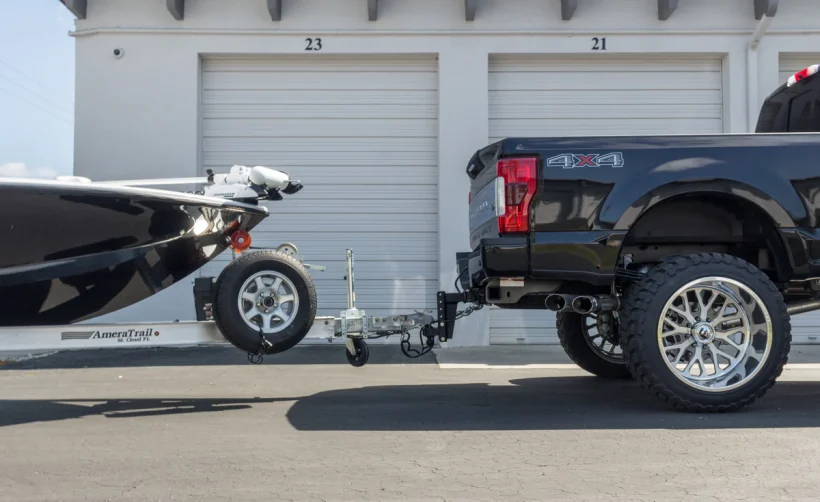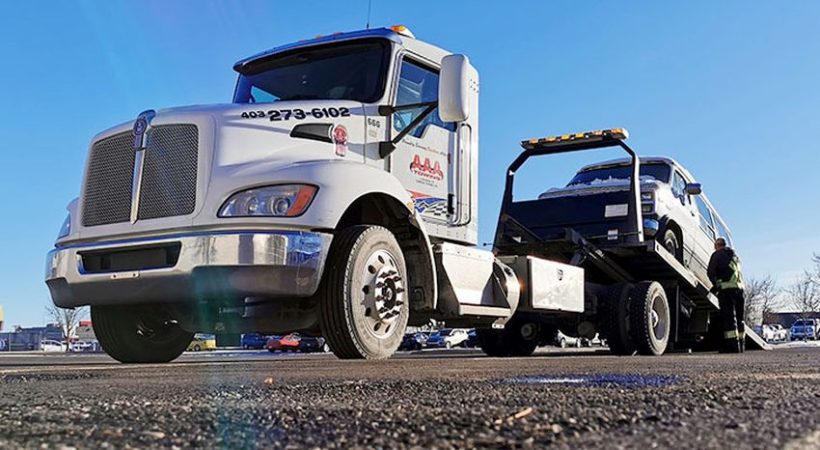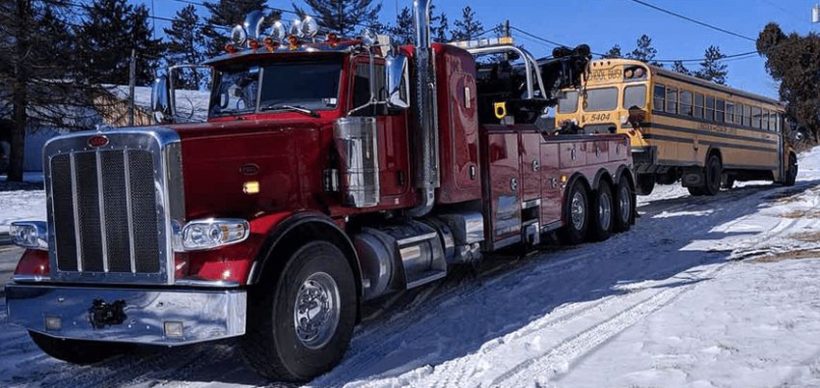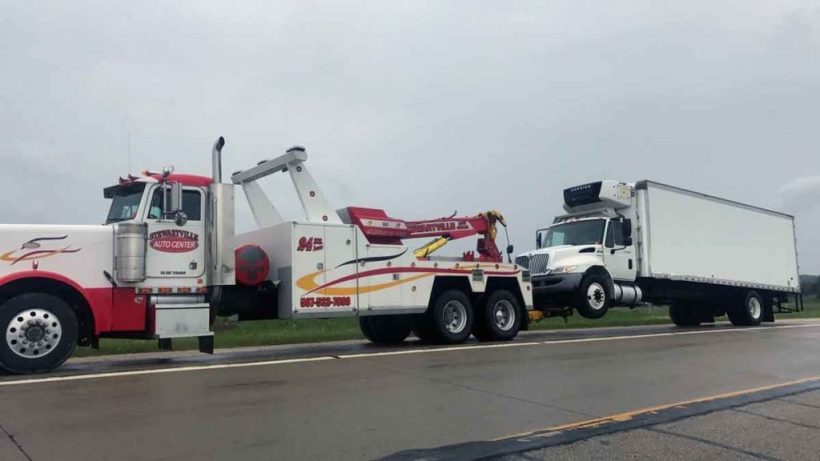Heavy duty towing is a unique operation requiring a four-wheel drive motor vehicle, specialized load handling equipment, and highly trained personnel. They are designed for towing or hauling cumbersome loads on highways, such as bridge components, train cars, buses, and other large commercial trucks.
Safety is a significant concern when planning or performing heavy-duty towing, and this service is usually provided by trained and equipped companies rather than owner-operators.
Heavy Duty Towing Mistakes To Avoid

1) Insufficient Knowledge
People tend to become overconfident in their driving skills. Before attempting heavy-duty towing, you should take professional training to avoid making mistakes or damaging the car or the load. Also, it is essential to undergo the proper preparation and review of important safety tips before the heavy-duty operation starts.
2) Missing Equipment
The most common mistake that novice drivers make is forgetting some required equipment for heavy-duty operations. While operating a vehicle in heavy-duty operations, you need to have every little thing ready. Some of the essential equipment you should have included a flashlight, gloves, and fresh oil.
3) Underestimating The Load
During heavy-duty towing, it is essential to verify the weight of the load before transporting it properly. It would help if you estimated how much force will be distributed on each wheel of your vehicle. Any slight mistake in evaluating will prove disastrous for your vehicle and other cars on the road, creating a risk for other road users. Never take any chances while performing heavy-duty operations.
4) Not Securing The Load
The car would merge well into the traffic flow when you are on the road, but in heavy-duty towing, it has to be behind a vehicle to secure the load properly. If your car is not secured properly, other vehicles on the road can easily hit it and cause damage. Motivate your buddies or neighbours to help you in this challenging task to avoid making any mistakes. Find here what heavy duty towing is all about.
5) Not Maintaining Proper Records
While performing, it is essential to maintain records of every activity during the procedure. Suppose there are any accidents or damages caused by your vehicle in this process. In that case, these records will come in handy when setting out these issues with insurance companies and other authorities.
6) Using Faulty Equipment
You should use the latest and most reliable equipment. If you do not use proper equipment, chances are your car becomes damaged, and even the load you are hauling is not secured correctly. Adequate maintenance of your equipment is essential to perform heavy-duty operations safely.
7) Not Wearing Proper Clothing
While performing, you should wear proper clothing. If you are not wearing a long and covering dress, you will not be able to handle the load properly. If you have to sit on the burden to secure it, you should wear some protective shoes.
8) Not Obeying Traffic Regulations
Whether you are doing a regular towing or heavy-duty towing operation, all traffic regulations in your city or state must be followed during operations. Never drive recklessly during any process because that may also turn out dangerous for other vehicles on the road and pedestrians.
Heavy Duty Towing Tips

1. Safety Is Your Priority
Safety has always been a priority for heavy-duty towing, and you must maintain safety during all activities involved in the operations and never take any chances. If you are unsure about anything, get the help of a professional driver who is highly skilled at performing these operations.
2. Prepare Yourself
Before the heavy-duty operation, ensure that you know the route and have proper planning. Ensure that you clearly understand the condition of the road at all times. Also, review safety tips before performing this operation to avoid accidents or damages.
3. Verify Everything
Never take any chances while performing because if you do, things can go terrible, and you are bound to have injuries or worse. The first thing you should do while performing this operation is verify your equipment and load before starting everything else.
4. Talk With Your Buddies
Heavy duty towing is teamwork. You will have to talk with your buddies and verify the load to succeed. They should also be ready to make any required adjustments to keep your vehicle secure while transporting the shipment. It is always better to have help from other people rather than doing everything alone.
5. Be Careful With The Load
Always use a long rope to secure the load when moving it on the road; this will save time and ensure that shipments are not damaged or misplaced. Also, ensure your cargo has all its required equipment for movement and has been properly secured before you start towing them.
6. Check Security Of Vehicle
The interior should be checked for loose objects and other things that can come in contact with the driver while moving. If you are using a car to tow an extreme load, try to avoid putting excessive weight on your back seats. Before starting the operation, you should remove all unnecessary items from your vehicle.
7. Extra Communication
If you want to perform a successful heavy-duty operation, then make sure you are well connected with your buddies, crew, and other people associated with this process. Make necessary changes in the method you were going to carry out before the road if it is not working. And lastly, keep talking throughout the entire operation so that nothing goes wrong or gets missed out.
Conclusion

Heavy duty towing is very challenging and requires a lot of experience if you have to perform safely. Always keep safety a priority before starting operations, and keep your buddies with you at all times. They will help you out in every possible way to complete the procedure successfully.
As an extra precaution, always use the latest technology and equipment for towing so that there are no damages or losses during transportation. Also, keep sufficient backups in your vehicle and make sure everything is kept tidy at all times. Finally, never try to perform any heavy-duty operations alone because that can be risky for your own life and other people on the road.

